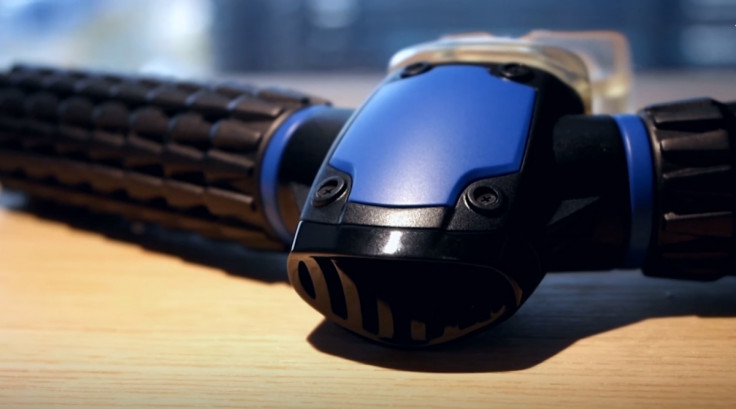Triton 'artificial gills' creators repay nearly $900k after misleading Indiegogo backers

The creators of a device that claimed give users the ability to breathe underwater have refunded nearly $900,000 to Indiegogo after changing its claims regarding how the device works.
The Triton rebreather promised to grant swimmers fish-like abilities, allowing them to swim underwater without oxygen tanks. The device was purported to use so-called "artificial gills" that filtered oxygen from the surrounding water for swimmers to breathe.
However, the online community quickly began poking holes in Triton's claims, with a number of experts chiming in to say that what its creators were claiming just wasn't possible by modern standards. By this point, the project had already accrued hundreds of thousands of dollars from backers dying to act out their Aquaman fantasies.
After several requests for more evidence to back up Triton's claims, the company now says the device uses oxygen cylinders that, when combined with the mask's other elements, allows users to breathe underwater. These will need to be replenished after use and will be sold separately to customers through Triton's website.
Slightly different, then, from the original Indiegogo listing, which suggested that the company had devised a means of extracting breathable air from water. Here's what its creators had to say on Indiegogo about the changes to its campaign:
While Triton claims it had its own commercial interests in mind, this doesn't excuse deliberately misleading backers. Sadly, this is an occurrence that happens all too often on crowdfunding platforms, and not all companies own up to their wrongdoing. That said, at time of writing Triton's website still has not been updated to include the new information.
The campaign has now been relaunched on Indiegogo, alongside a video showing of the device in action, which you can view below. Surprisingly, it seems all of this hasn't had much impact on the enthusiasm of Indiegogo backers: the project has already notched up over $240,000 in backing, well overs its funding goal of $50,000.
© Copyright IBTimes 2025. All rights reserved.






















